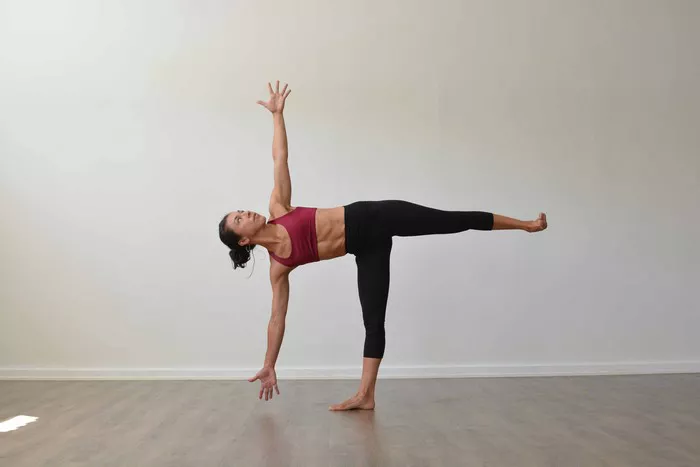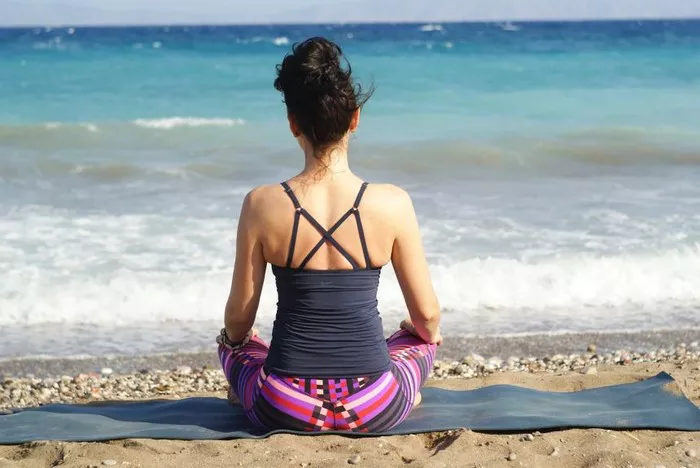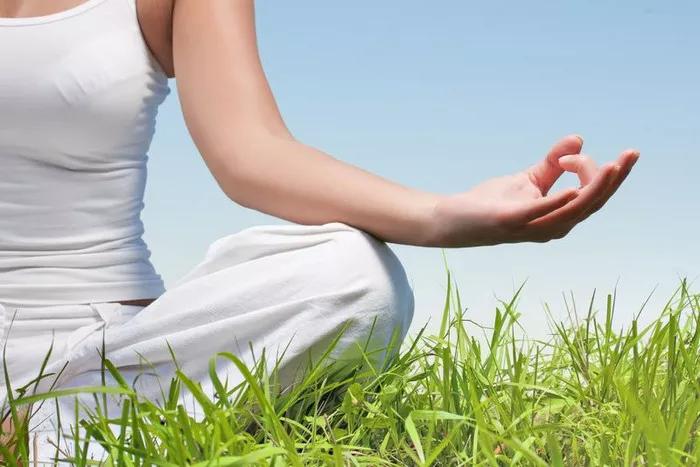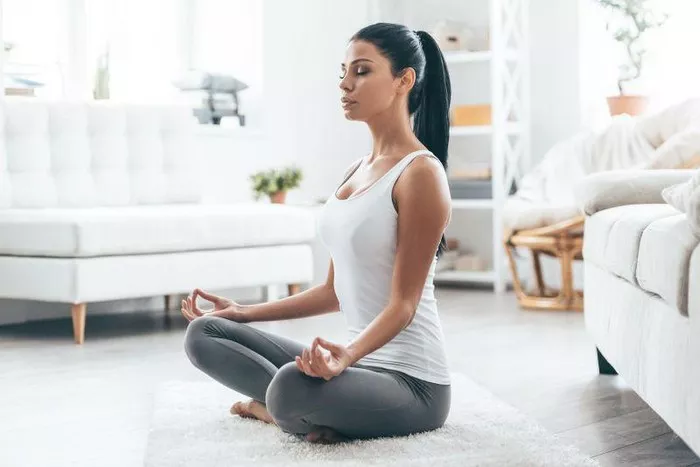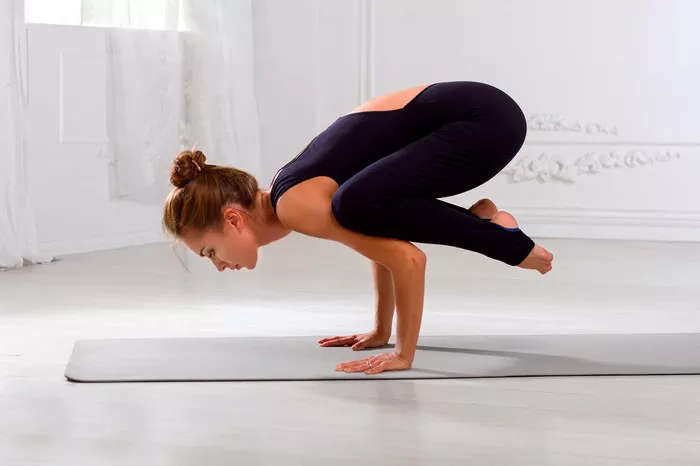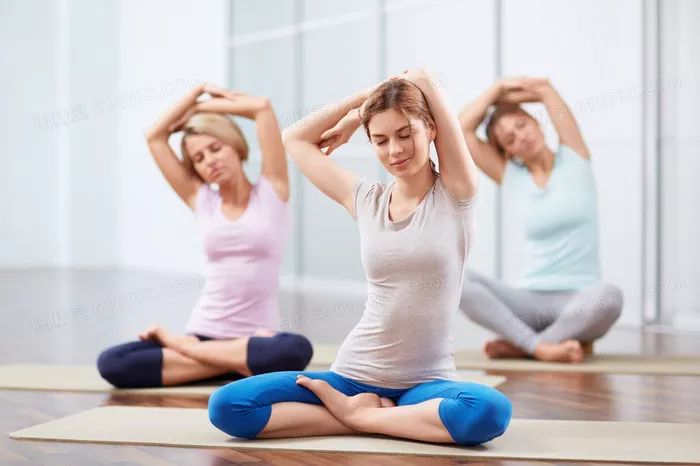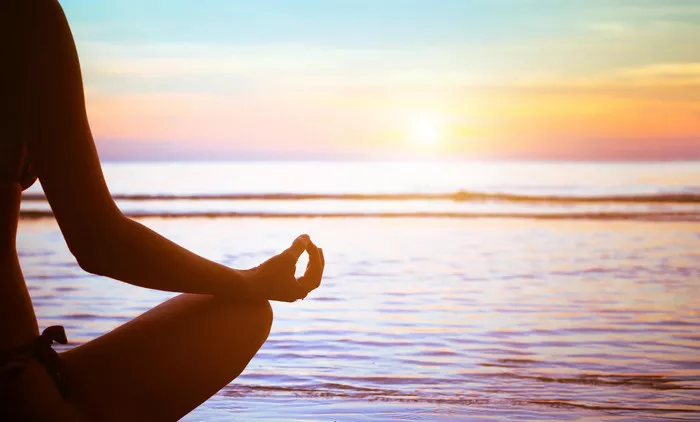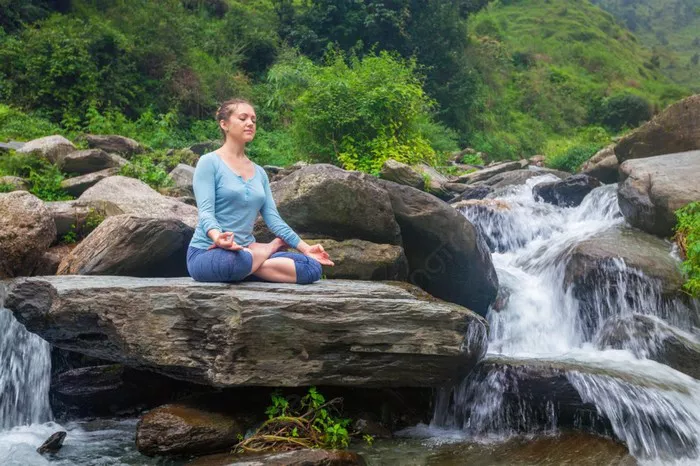Yoga retreats are increasingly popular as people seek escapes from the chaos of modern life and opportunities to reconnect with themselves. These immersive experiences promise relaxation, rejuvenation, and a deeper understanding of yoga. But for beginners, the idea of joining a yoga retreat can feel intimidating. Is a yoga retreat suitable for someone just starting their yoga journey? Absolutely! With proper preparation and the right mindset, a yoga retreat can be a transformative experience for beginners.
In this article, we’ll explore what yoga retreats are, their benefits, what beginners can expect, and how to choose the right retreat to ensure a fulfilling experience.
What Is a Yoga Retreat?
A yoga retreat is an organized getaway focused on the practice of yoga, mindfulness, and holistic well-being. These retreats vary widely in terms of location, duration, intensity, and structure. Some may be held in remote mountain lodges, serene beaches, or wellness centers, while others might take place in urban settings. Most retreats offer a blend of yoga practices, meditation sessions, workshops, nutritious meals, and time for self-reflection.
Why a Yoga Retreat Can Be Great for Beginners
Many people believe that yoga retreats are exclusively for advanced practitioners, but that’s a misconception. In fact, a retreat can be an excellent starting point for beginners for the following reasons:
1. Immersive Learning Environment
Unlike regular yoga classes, a retreat provides an immersive experience. Without the distractions of daily life, beginners can fully engage with yoga. This concentrated learning environment allows for noticeable progress in a short time.
2. Tailored to All Levels
Most yoga retreats are designed to accommodate practitioners of all levels, including beginners. Retreat organizers often specify the skill level required, and many offer classes that cater to varying levels of ability. Beginner-friendly retreats focus on foundational poses, proper alignment, breathing techniques, and building confidence.
3. Holistic Experience
Yoga is not just about physical poses; it encompasses a lifestyle that includes mindfulness, meditation, and self-care. Beginners on a retreat can learn the broader aspects of yoga, making it easier to integrate into daily life.
4. Supportive Community
A yoga retreat fosters a sense of community among participants. Sharing the journey with like-minded individuals creates a supportive environment where beginners feel encouraged rather than judged.
5. Personalized Attention
With smaller class sizes compared to studio settings, retreats often allow for more one-on-one interaction with instructors. Beginners can receive personalized guidance and corrections, ensuring they develop a strong foundation.
What to Expect on a Beginner-Friendly Yoga Retreat
To ease any apprehensions about attending a retreat as a beginner, it’s helpful to know what to expect.
1. Daily Schedule
Most retreats have structured schedules that include:
- Morning yoga sessions: These often involve gentle stretches and breathing exercises to energize the day.
- Workshops or classes: Beginners can learn about yoga philosophy, anatomy, or techniques for mindfulness.
- Evening yoga or meditation: These sessions focus on relaxation and winding down.
- Free time: Participants can explore the retreat location, relax, or journal.
2. Yoga Styles
Beginner-friendly retreats usually focus on accessible styles of yoga, such as:
Hatha Yoga: Ideal for beginners, emphasizing basic poses and breathing techniques.
Restorative Yoga: Focuses on relaxation and gentle stretches.
Yin Yoga: Involves deep stretches held for longer durations, promoting flexibility and mindfulness. Instructors are typically skilled at modifying poses for all levels.
3. Non-Yoga Activities
Many retreats offer activities beyond yoga, such as:
- Nature walks or hikes
- Cooking classes
- Sound healing sessions
- Creative workshops, such as journaling or art These activities complement the yoga experience and provide opportunities for self-discovery.
4. Meals
Retreats often provide nutritious, wholesome meals, catering to various dietary preferences. Meals are typically aligned with yogic principles, emphasizing fresh, plant-based foods.
5. Accommodation
Accommodations vary widely, from shared dormitories to private luxury rooms. Beginner-friendly retreats often emphasize comfort and tranquility to enhance relaxation.
Benefits of Attending a Yoga Retreat as a Beginner
The benefits of attending a yoga retreat extend far beyond the yoga mat. Here’s what beginners can gain:
1. Improved Physical Health
Regular yoga practice enhances flexibility, strength, and posture. Retreats help beginners establish a routine, making it easier to continue practicing at home.
2. Mental Clarity and Stress Relief
Yoga and meditation promote mindfulness and reduce stress. Beginners often find retreats transformative in terms of mental well-being.
3. Deeper Understanding of Yoga
Retreats provide insights into yoga’s philosophy, history, and principles. This deeper understanding enriches the practice.
4. Self-Discovery
The combination of yoga, meditation, and introspection helps participants reconnect with themselves. Many beginners report increased self-awareness and emotional clarity after a retreat.
5. Connection with Nature
Retreats often take place in serene natural settings, offering a break from urban life and fostering a sense of peace and connection with the environment.
How to Choose the Right Yoga Retreat as a Beginner
Selecting the right retreat is key to having a positive experience. Here are some tips:
1. Research the Retreat
- Check the retreat’s website and reviews.
- Ensure it explicitly mentions suitability for beginners.
- Look for details about the schedule, location, and instructors.
2. Instructor Expertise
Choose a retreat led by experienced instructors who are skilled at working with beginners. Reading bios or watching introductory videos can help gauge their teaching style.
3. Location and Setting
Consider whether you prefer a serene, remote location or something closer to home. Think about factors like climate, scenery, and cultural experiences.
4. Duration
For beginners, a shorter retreat (3-5 days) might be less overwhelming than a week or longer.
5. Cost and Inclusions
Compare the cost with what’s included, such as accommodations, meals, yoga sessions, and additional activities. Some retreats also offer scholarships or sliding-scale fees.
6. Retreat Theme
Some retreats have themes, such as mindfulness, detoxification, or relaxation. Choose one that aligns with your personal goals.
Tips for Preparing for Your First Yoga Retreat
To make the most of your experience, consider the following tips:
1. Practice Beforehand
Familiarize yourself with basic yoga poses and breathing exercises before attending. Even a few online classes can help you feel more confident.
2. Set Intentions
Reflect on why you’re attending the retreat. Setting intentions can help you stay focused and open to the experience.
3. Pack Thoughtfully
Bring comfortable clothing, a reusable water bottle, a journal, and any personal items that bring comfort. Check if the retreat provides yoga mats or if you need to bring your own.
4. Maintain an Open Mind
Let go of expectations and embrace the experience as it unfolds. Yoga is a journey, not a destination.
5. Stay Present
Avoid distractions like excessive phone use. Immerse yourself fully in the retreat’s offerings.
Conclusion
A yoga retreat can be a life-changing experience, even for a beginner. With the right retreat, an open mind, and a willingness to learn, you’ll find yourself gaining not only a deeper understanding of yoga but also a renewed sense of self. These experiences are not about perfection but about growth, connection, and self-care.
If you’re considering a yoga retreat as a beginner, take the leap. Trust that the journey will meet you where you are and guide you forward in your practice and your life.
Related Topics:

